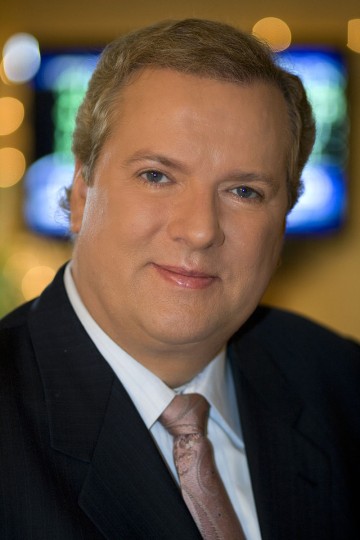Sunday Political Brunch: The Senate Scramble - July 23, 2017
Sunday, July 23, 2017
Mark Curtis, GoLocalPDX Contributor
 |
| Mark Curtis |
“By the Numbers” – As mentioned, 33 Senate seats are in play in 2018. Democrats are defending 23 of them; Republicans, just 10. That gives the GOP an immediate advantage. Making matters worse for the Democrats is that President Trump carried ten of the states where Democrats have Senate seats up for grabs. Right now, four Democratic Senate seats are listed as vulnerable, those being in West Virginia, Missouri, Indiana, and North Dakota. All four states went for Trump in 2016.
“Almost Heaven, West Virginia” – Right now this is shaping up as the marquee national Senate race in 2018. Senator Joe Manchin (D-WV) has been in the Senate since 2010, having succeeded the nation’s longest-serving Senator, Robert C. Byrd (D-WV). Manchin – who was also Governor of West Virginia for six years - comes from a well-known political family. He may get lucky because of a hotly contested and potentially nasty Republican primary with Representative Evan Jenkins (R-WV, District 3) locked in a competitive primary with state Attorney General Patrick Morrisey (R-WV), who has been elected twice statewide.
“The Heidi Chronicles” – North Dakota had the closest race in the U.S. Senate in 2012. Attorney General Heidi Heitkamp (D-ND) beat Representative Rick Berg (R-ND) by fewer than three-thousand votes. They are likely poised for a rematch in 2018. Both are longtime state office holders in North Dakota, so this could be another bruising battle. Like Senator Manchin, Senator Heitkamp aligns with conservatives on fossil fuel issues such as oil and coal, which could help them both.
“Indiana Wants Me” – Vice President Mike Pence’s home state looks to be very competitive. Senator Joe Donnelly (D-IN) is finishing his freshman term in the Senate and, prior to that, spent six years in the U.S. House. Like Senator Heitkamp (D-ND), Donnelly won his Indiana Senate seat with barely 50 percent of the vote. Historically, the Hoosier State is “red,” but Barack Obama did carry it in 2008 (although he did not in 2012). The bottom line: Indiana is up for grabs next year.
“The Cheesehead State” – It’s good to be on my native soil. Wisconsin has one of the richest political histories in the nation, with such luminaries as Senator Joe McCarthy (R-WI) and the man who eventually succeeded him, my old friend Senator William Proxmire (D-WI), whom I consider the greatest retail politician in U.S. history. Someday, I’ll share that whole story. But first, Senator Tammy Baldwin (D-WI) - who succeeded my former boss Herb Kohl – is up this year, too. She served 14 years in the U.S. House before being promoted to the U.S. Senate. Despite Trump’s huge upset win in Wisconsin in 2016, Senator Baldwin may be hard to unseat.
“The Show Me State” – Of the four most vulnerable Senators, Senator Claire McCaskill (D-MO) is the only one not in her freshman term. She is completing her second full six-year term. Yet, she is vulnerable, Why? Well, Missouri is a key swing state, and the “Show Me” state has not been won by a Democratic Presidential candidate since President Bill Clinton in 1996. If the Russian controversy is trouble for President Trump, then it could prove toxic for Senator McCaskill, who earlier this year tweeted she never met with the Russian Ambassador, despite two tweets from 2013 and 2015 when she, in fact, confirmed meeting with him. No, it’s not a smoking gun, but ouch!
“Why All of This Matters” – Unlike all the contentious special elections to fill vacant House seats in 2017, the 2018 midterms will be a referendum on the Trump Presidency. Historically, the party-in-power in the White House usually loses seats in the midterm elections. Oddly, the GOP may lose House seats in 2018, but may gain four to eight seats in the U.S. Senate. If they gained eight, the Republicans would have the filibuster-proof 60-seat majority in the upper chamber. That’s huge. I don’t think they’ll get there, but a 57-43 Republican majority in the Senate is very possible.
Whom are you backing for U.S. Senator and what do you think the margin will be? Just click the comment button at www.MarkCurtisMedia.com.
 Delivered Free Every
Delivered Free Every
